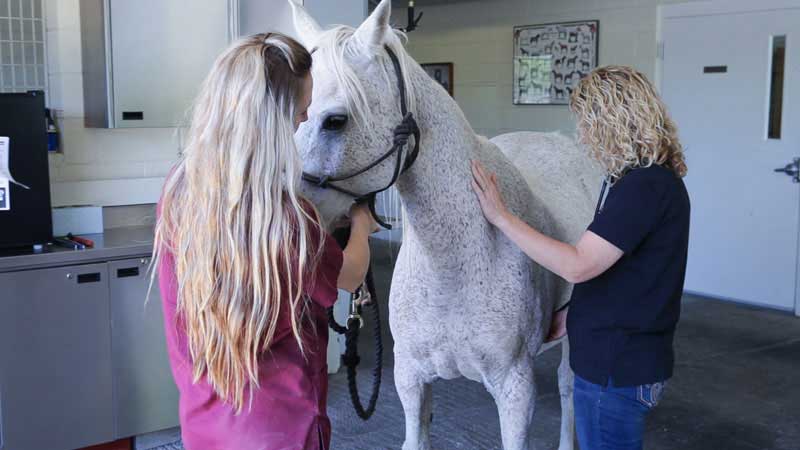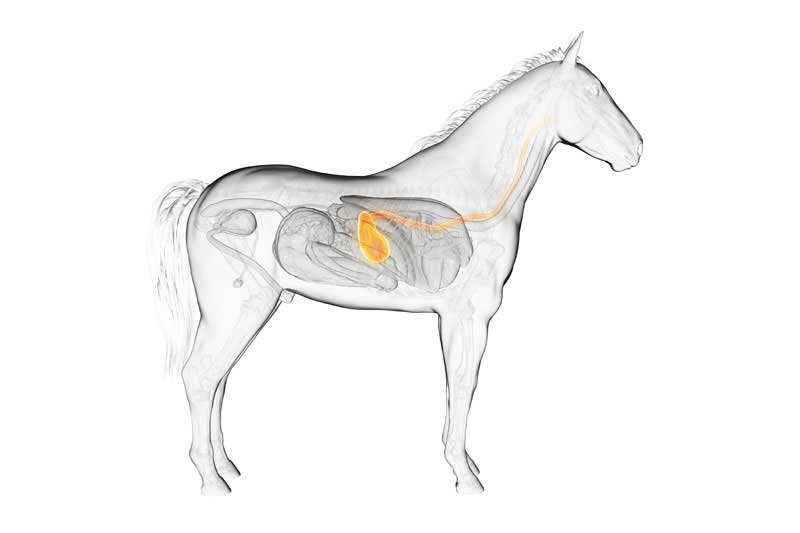
Gastric Ulcers in Horses: What You Need to Know
Gastric ulcers are a fairly common condition in horses, particularly race and competition horses, but all horses (even foals) can suffer. Ulcers are lesions which occur in a horse’s stomach, when the upper portion of a horse’s stomach lining comes into contact with digestive acids.
What Causes Equine GI Ulceration?
In a natural environment, horses normally forage for up to about 16 hours each day. As the forage passes through the horse’s gastrointestinal tract, acidity is reduced naturally. As a result, high-acidity and ulcers can occur when horses don’t have access to enough forage or are fed a highly concentrated diet.
Horse training, which involves rapid work, also causes stomach acids to slosh around inside the stomach. This can result in the over-exposure of the upper portion of the stomach lining to the horse’s natural digestive acids. Stress can also be a contributing factor in GI ulceration.
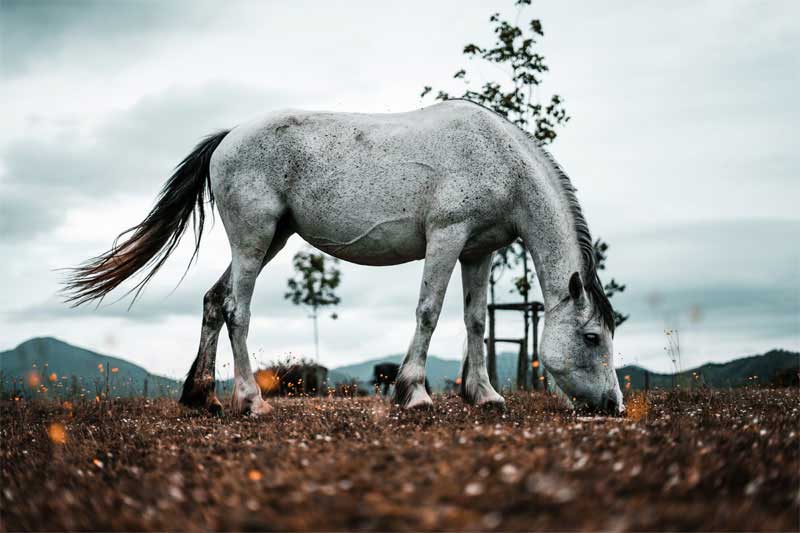
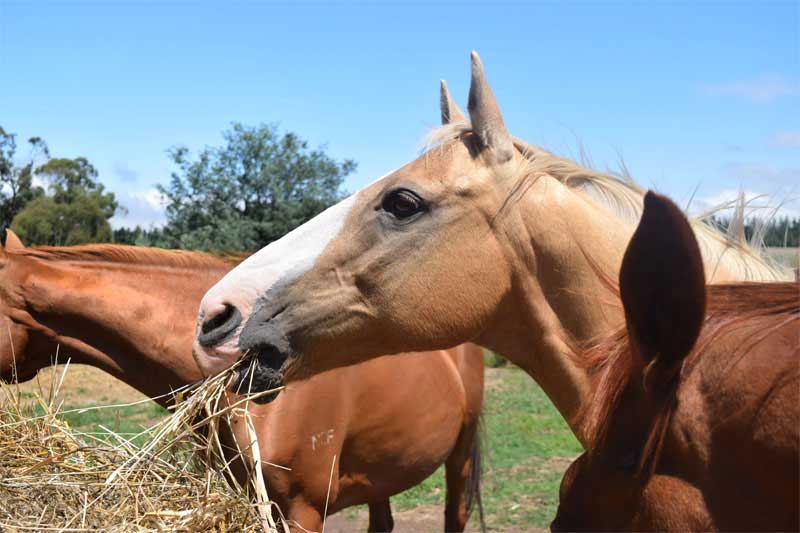
Signs and Symptoms of Gastric Ulcers
Since GI ulceration occurs inside a horse’s stomach, you won’t see any outwardly noticeable signs, other than a potentially dull coat. GI ulceration, however, is most commonly detected due to changes in a horse’s behavior, such as:
- Reduced appetite
- Colic
- Poor performance
- Poor body condition
- Behavioral changes like disinterest work
Ulcer Diagnosis
To reach a definitive diagnosis of ulceration, a veterinarian must confirm the presence of the ulcers with an endoscope. The endoscope is a small camera attached to a narrow tube. During a gastric endoscopy, the endoscope passes through a horse’s esophagus, allowing our veterinarian to view the inside of the stomach.
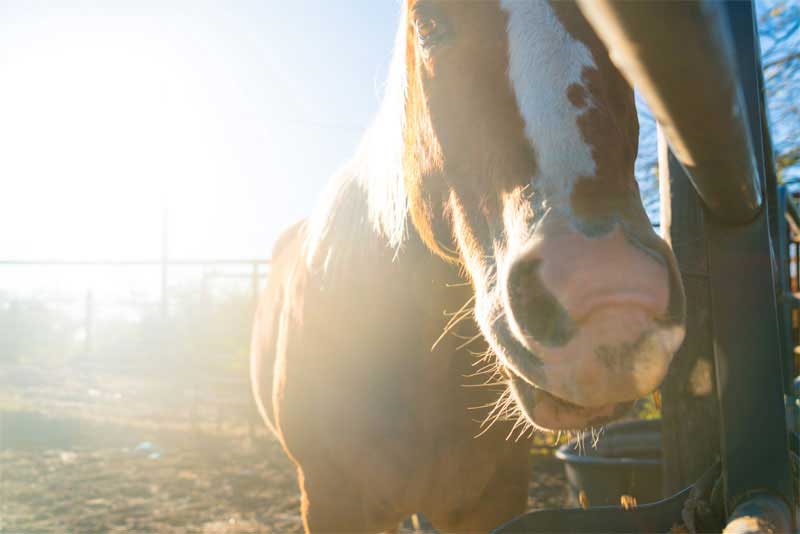
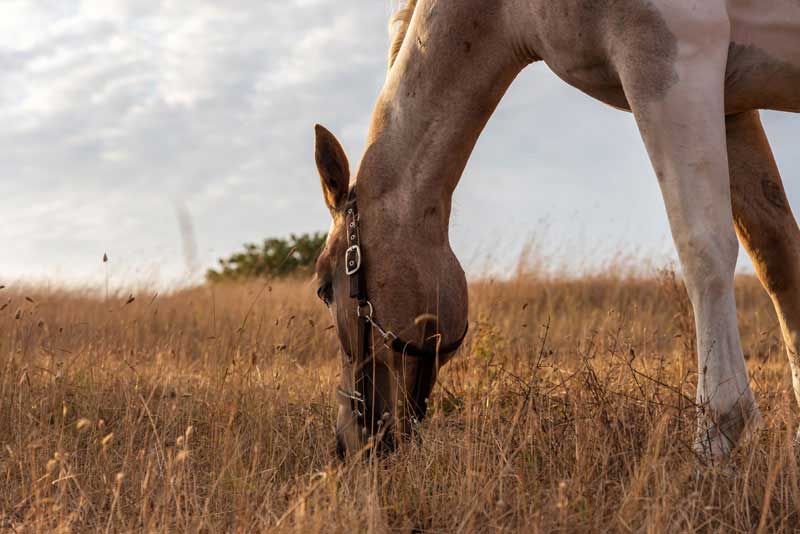
Treating and Preventing Equine GI Ulceration
Gastric ulcers in horses are most commonly treated with a medication known as a proton-pump inhibitor, which reduces the acidity of the stomach’s digestive fluids. In addition, management, dietary, and lifestyle adjustments are often also prescribed to prevent the recurrence of GI ulceration.
Recommendations for susceptible horses often include:
- Increased time at pasture
- Continuous access to forage (hay and grasses) when stabled
- Reducing the amount of concentrates and grain in the horse's diet
- Reduced level or frequency of training
- Reducing stress
Learn More about GI Ulceration in Horses
If your horse’s coat has lost its sheen, if your horse has lost his appetite, or if you suspect your horse is suffering a gastrointestinal problem, we encourage you to schedule an appointment with a large animal veterinary specialist at Adobe Veterinary Center.
If you’re interested in learning more about GI ulceration in horses and other veterinary health topics, we welcome you to join us for our Evening of Education series, monthly educational meetings hosted by our expert veterinarians at Adobe Veterinary Center in Tucson. For more information, contact us today.
